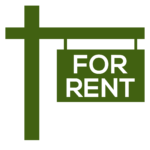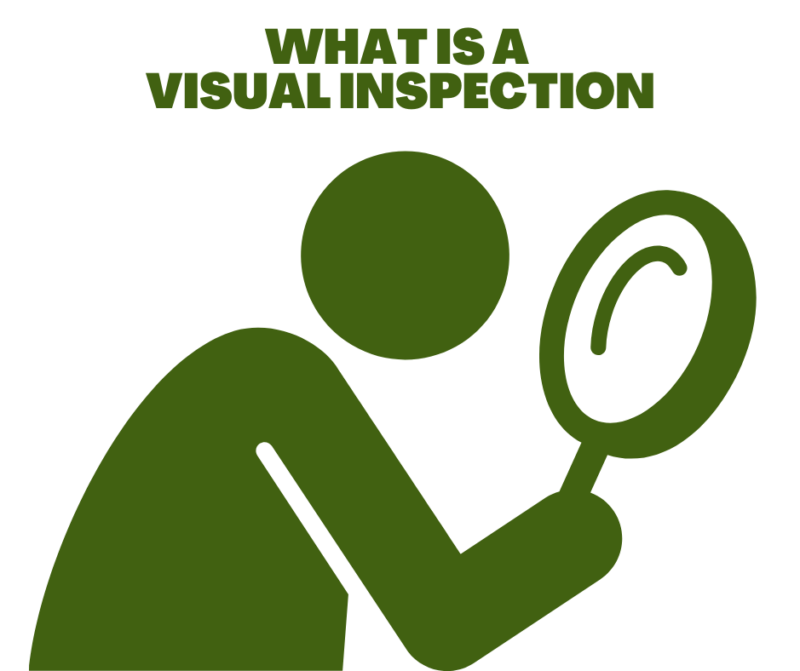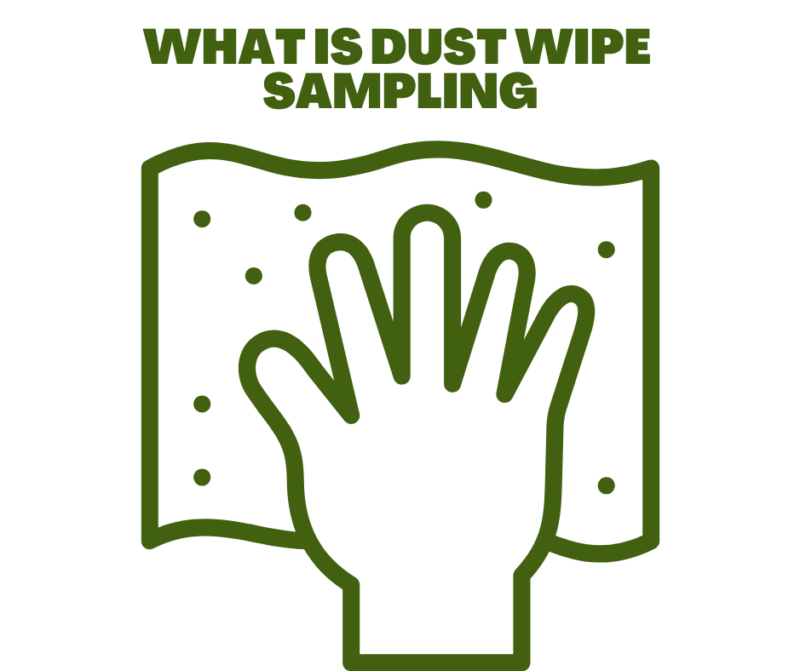Landlords
A Landlords Guide to Lead Safe Certification
New Jersey’s Lead Safe Law is in full effect and requires periodic inspections for lead hazards to reduce childhood lead poisoning. Rental properties located in New Jersey, built before 1978 are required to have an inspection to assess for lead hazards. If there has been a turnover in the unit since 2022 then the inspection is due immediately. If there has been no turnover since 2022, then the inspection is due by July 22, 2025.
Check your town’s guidelines:
Who Is Required to Inspect Immediately?

Rental Property Built Before 1978

Turnover in unit anytime since July 2022

The property is not exempt (see below)
What Landlords Need to Know
Who Is Required to Inspect
Rental properties built before 1978 are targeted under the new law. New Jersey also requires different testing methods depending on where your rental unit is located. Some municipalities require visual inspections, while others require dust wipe sampling. There are certain exemptions under the new law, see below for more information.
Exemptions
New Jersey’s Lead Safe Certification law carves out exemptions for certain property types and situations. If your property is exempt, then you do not need to have a lead inspection done under the new law. There are currently five ways to have your property exempt under the law.
The rental unit is in a multiple unit dwelling that has been registered with the DCA as a multiple dwelling for at least 10 years with no open violations in the past two years
Seasonal units rented for less than 6 months each year that do not have consecutive lease renewals; seasonal shore rentals fit this definition as long as the lease is shorter than 6 months per rental
Lead Testing Methods
New Jersey requires either a dust wipe sampling or visual assessment depending on where your rental unit is located. A visual assessment looks for signs of chipping/peeling paint and dust wipes sampling detects the presence of lead dust.
Landlords who received a letter from their town should follow the testing method outlined in the notice. If you’re unsure what type of inspection your unit requires, please see the Department of Health’s municipality testing requirements here.
Click below to learn more about preparing for your inspection
Check Out Our FAQ’s Below to Learn More About New Jersey’s Lead-Safe Law
What are the record keeping requirements?
As part of the lead safe certification regulations, New Jersey landlords required to:
- Provide required lead-safe certifications and history of tenant turnover during the DCA cyclical “5-year” inspection.
- Provide evidence of a lead-safe certification to tenants and shall affix a copy of such certification as an exhibit to the tenant’s lease.
- Maintain a record of the lead-safe certifications required to be obtained, which shall include the tenant’s name, if conducted during a period of tenancy.
Who can perform Lead-Safe Certification inspections?
The law states that the Lead-Safe Certification Inspections must be performed by:
- A municipal local agency inspection program; or,
- A NJ DCA certified Lead Evaluation Contractor hired by the municipality or
- A NJ DCA Certified Lead Evaluation Contractor, directly hired by the property owner to provide the required evaluation services.
What happens if lead hazards are found during an inspection?
- If a lead evaluation contractor or municipal inspector finds that a lead-based paint hazard exists in a dwelling unit upon conducting an inspection:
- The owner must remediate the lead-based paint hazard by using abatement or lead-based paint hazard control methods.
- The contractor or municipal inspector must notify the Department of Community Affairs, which shall review the findings in accordance with section 8 of the “Lead Hazard Control Assistance Act,” P.L.2003, c.311 (C.52:27D-437.8).
- The unit would need to be reinspected before a lead-safe certification can be issued.
- In one-, two-, and three-unit buildings, if a lead hazard is identified in one unit, the remaining units in the building will be required to be inspected.







